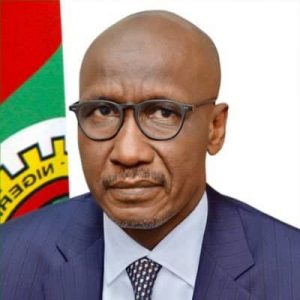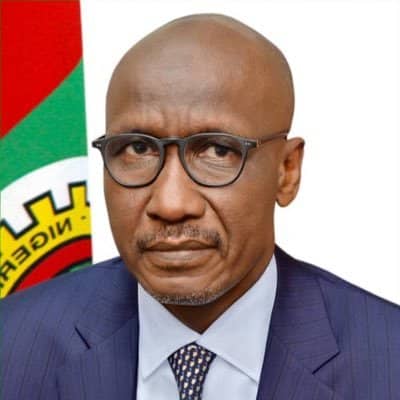The Group Chief Executive Officer (GCEO) of the Nigerian National Petroleum Company Limited (NNPC), Mele Kyari, has maintained that determination of fuel prices would continue to be a decision by the Federal Government despite the firm’s transitioning to a commercial entity.
Speaking during a pre-recorded interview with Channels Television, yesterday, Kyari stated that whereas before now the NNPC’s function of being the sole importer may not have been on a commercial basis, it would henceforth charge a fee for the service.
“In the case of the price of petroleum, this is a policy matter. And the NNPC is going to be a supplier to the Federation at a fee. So, the issue of at what price you sell petroleum will be the decision of the state.
“The state has continued to maintain that we must continue to pay subsidy on petroleum products. We are happy to do this, but as a commercial venture, we will have a service-level agreement between us to render that service,” he said.
Although it became a Companies and Allied Matters Act (CAMA) on July 1 by the provisions of the Petroleum Industry Act (PIA), the NNPC is expected to be officially unveiled by Buhari tomorrow, the president recently deferred the full deregulation of the sector, which would have seen the removal of the controversial and opaque petrol subsidy and will gulp at least N4 trillion this year, by 18 months.
But Kyari reiterated that it would no longer be business as usual, insisting that as a commercial venture, the NNPC would just be a service provider to government, rather than shouldering the responsibility of importation and allowing it hurt the company’s bottom line.
He said: “We will procure the products and we will sell to the state, and will be step on step with the country and literally, I’ve seen no indication at this point in time that the state is ready to change any price of petroleum products. It has nothing to do with our operations.
“For us, what it really means is that this is business for us. We’ll charge them a fee and at any point, so that the company can make money on behalf of its shareholders.”

Kyari, who also spoke on the new demands on the new NNPC, explained that it would henceforth take the issue of transparency more seriously, having earlier joined the global Extractive Industries Transparency Initiative (EITI).
“More than anything else, there’s really no plan of tying this (subsidy) to our turnover and they have no relationship,” he noted.
According to him, the new NNPC will not withdraw from the international organisation, but will rather continue to ensure more openness in its operations to attract more investments and foreign partnerships.
“Actually it now becomes more demanding to be more transparent. NNPC is a partner company for the global EITI initiative, like very many other private companies that voluntarily chose to become partner company to the EITI.
“The meaning of this is that you’re going to make certain disclosures to your shareholders and to the world community that companies ordinarily are not required to do and we will keep to that because we’re not going to withdraw as a partner company to the EITI.
“That means that there are further requirements beyond what we are doing today. Beyond just publishing your financial statements, there are very many other disclosure requirements for being a partner company to EITI.
“We believe that this is good for our company, we will continue to sustain this. And as a matter of fact, as you may be aware, we’re the only company that publishes its operational reports: production, sales and everything on a monthly basis,” he said.
Kyari explained that although there’s no statutory obligation to make those operational disclosures, the new NNPC’s commitment to getting it right remains unwavering.
He added:“No company does this anywhere in the world. There’s no requirement to do this. As a matter of fact, I’ll borrow one of my colleagues’ view that we’re actually not just transparent, we are actually naked.
“We’re happy telling people that this is who we are. This is what we’re trying to do and on their behalf and also because companies and partners, particularly the lending community, the global energy community would like to see what you’re doing.
“Once they do, trust becomes higher and your ability to access capital becomes real and easier. And ultimately it gives you all the advantage that you require, so you lose nothing by being transparent,” he stressed.
Aside being the sole importer of petroleum products, the NNPC has yet to explain what happens to its other major function of contributing monthly to the Federation Account since by law CAMA companies only pay dividends to their shareholders annually.


